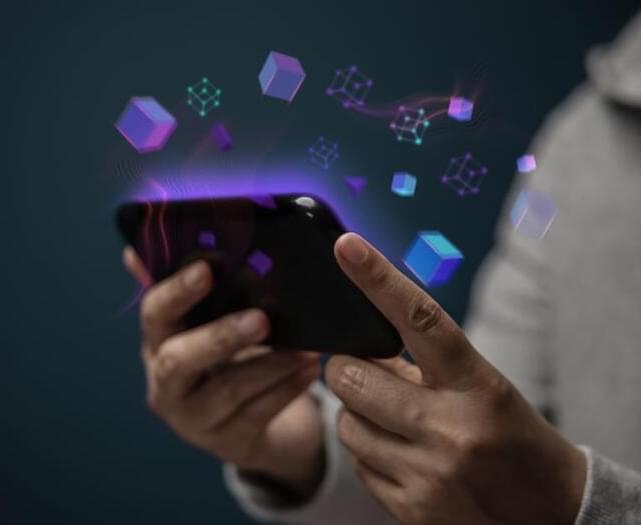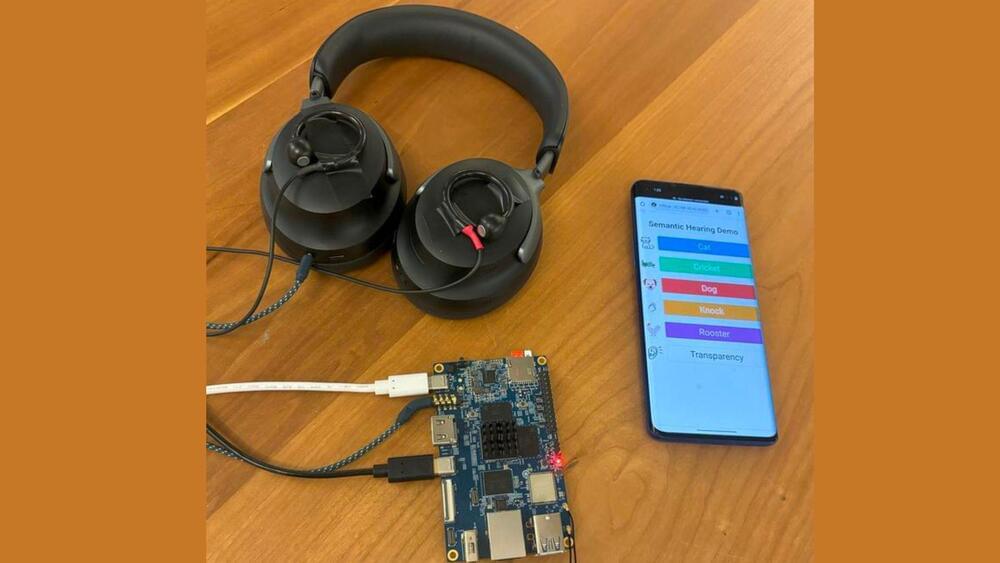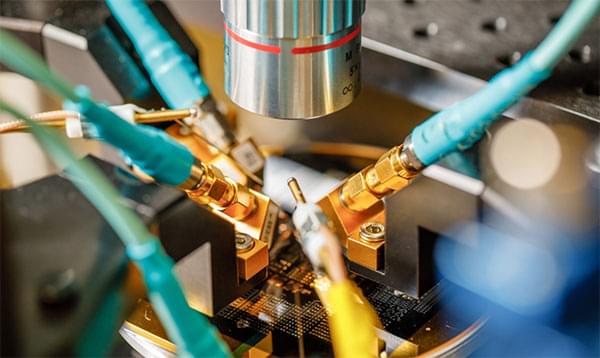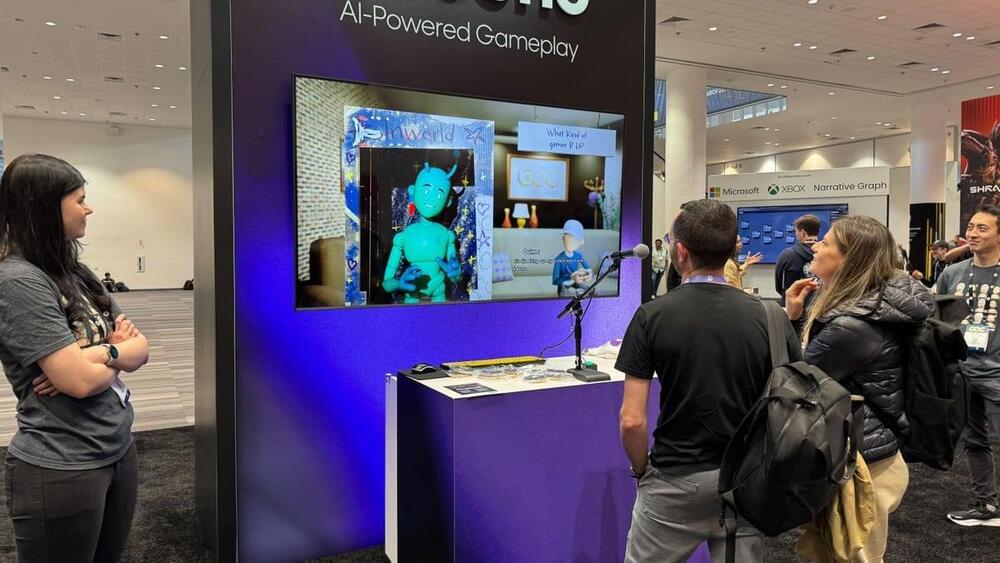
Superradiant atoms offer a groundbreaking method for measuring time with an unprecedented level of precision. In a recent study published by the scientific journal Nature Communications, researchers from the University of Copenhagen present a new method for measuring the time interval, seconds, that overcomes some of the limitations that even today’s most advanced atomic clocks encounter. This advancement could have broad implications in areas such as space exploration, volcanic monitoring, and GPS systems.
The second, which is the most precisely defined unit of measurement, is currently measured by atomic clocks in different places around the world that together tell us what time it is. Using radio waves, atomic clocks continuously send signals that synchronize our computers, phones, and watches.
Oscillations are the key to keeping time. In a grandfather clock, these oscillations are from a pendulum’s swinging from side to side every second, while in an atomic clock, it is a laser beam that corresponds to an energy transition in strontium and oscillates about a million billion times per second.


















